Date: 21 May 2025
Time: 10:30 - 12:30
Keynote
10:30-10:50
Helle Margrete Meltzer, Former Research Director, Norwegian Institute of Public Health, Norway
10:50-11:10
Donald Moore, Executive Director, Global Dairy Platform, United States of America
11:10-11:30
Elisabetta Nisoli, Director, Business Development Fresh Dairy & Alternatives, dsm-firmenich, Italy
11:30-11:50
Alice Stanton, Professor of Cardiovascular Therapeutics, RCSI University of Medicine and Health Sciences, Dublin, Ireland
11:50-12:20
Moderator: Helle Huseby, Head of Trade Policy - TINE SA
Abstracts

Healthy and sustainable diets: Political strategies for implementation in the Nordic dairy sector
Food systems are at the center of a polycrisis; the world is exceeding several planetary boundaries and food production is a significant contributor to human impact on both climate and nature. Furthermore, unhealthy diets are the primary driver of obesity and preventable diet-related disease. All income groups fail to meet dietary recommendations. Today’s diet in the Nordic countries is neither sustainable from a health, environmental nor social perspective. For more than 70 years, the Nordic countries have had a unique regional collaboration within several societal areas, including politics, economics, and culture. Since 1980, they have collaborated on Nordic Nutrition Recommendations – the latest edition published in June 2023. It is an explicit aim of the Nordics to become the most sustainable and integrated region in the world by 2030. FAO/WHOs guidelines for a healthy, sustainable diet state that such diets are built on and respect local culture, culinary practices, knowledge and consumption patterns, and values the way food is sourced, produced and consumed. Dairy and meat production havehistorically and culturally been a backbone of food production in all the Nordic countries, but both being among the food groups with the highest climate impact. Thus, there are some challenges and trade-offs to handle when discussing how the dairy sector can contribute to health and sustainability. This talk will explore the intersection of health, sustainability, and politics, focusing on the role of dairy within these frameworks. Drawing on evidence from global dietary recommendations and Nordic nutritional guidelines, it will outline how dairy can contribute to balanced, sustainable diets while addressing environmental concerns. Special attention will be given to discuss policy tools and strategies for promoting sustainable dietary habits.
Helle Margrete Meltzer, Former Research Director, Norwegian Institute of Public Health, Norway
During my 45 years as a nutrition scientist I have spanned several research fields, including diet and health issues within perinatal and paediatric epidemiology, nutrient and environmental toxicant exposure characterizations and mineral/trace element bioavailability and metabolism. The last 9 years I have spent most of my time on nutrition – health – sustainability issues

How dairy can address climate change while feeding a growing population
As the global population nears 10 billion by 2050, the dairy sector faces a complex challenge: ensuring food and nutritional security, supporting livelihoods, and driving economic growth while minimizing its environmental footprint. Dairy is not only a vital source of high-quality protein and essential micronutrients—particularly for vulnerable populations—but also sustains the livelihoods of approximately one billion people worldwide. However, the path to sustainability is not uniform across the industry. Emerging dairy economies must balance environmental progress with the need to expand access to nutrition and economic opportunities, while developed dairy economies face increasing regulatory pressures and the high costs of transitioning to lower-emission production models.This talk will explore how dairy can be a key player in climate solutions by improving efficiency, reducing emissions, adopting regenerative agricultural practices, and leveraging innovations such as methane reduction technologies and integrated farming approaches. It will also address the financial and policy challenges that transformation places on the sector, particularly for farmers navigating the costs of adopting new technologies and sustainable practices. Through a combination of science-driven advancements, targeted investments, and farmer-led initiatives, the dairy sector can enhance productivity while reducing its environmental impact. With greater collaboration across the value chain, dairy can help build a more resilient, climate-smart food system that nourishes both people and the planet.Unfortunately, we do not have permission to share this presentation
Donald Moore, Executive Director, Global Dairy Platform, United States of America
Donald Moore is the Executive Director of the Global Dairy Platform (GDP), based in Chicago USA, and serves as Chairman of the Dairy Sustainability Framework, as a leader of the Pathways to Dairy Net Zero initiative, and as a member of the United Nations Food and Agriculture Organization’s Private Sector Advisory Group and of the Global Agenda for Sustainable Livestock Guiding Group. He is also a past Chairman of the International Agri-Food Network and the Private Sector Mechanism to the United Nations Committee on World Food Security.

Consumers health concerns around the globe
Today’s consumers are more informed and conscious, seeking foods that not only taste and look good but also support their health goals. More and more they see food as a way to improve their overall wellbeing. To stand out in a competitive market, it’s crucial to create innovative products that are both appealing and nutritious while directly addressing unmet consumer needs.But what exactly are these needs? To answer this question, dsm-firmenich conducts a Global Health Concern Study every two years to understand consumer perceptions about their current state of health, current health concerns, the drivers of their worries and actions to mitigate them. In this session, we will share key findings from the 2025 edition of the study, offering valuable insights into evolving consumer preferences and how these insights can shape the future of dairy products. The presentation will aim to demonstrate how listening to the consumer voice can drive innovation and create new opportunities in the dairy industry. Unfortunately, we do not have permission to share this presentation
Elisabetta Nisoli, Director, Business Development Fresh Dairy & Alternatives, dsm-firmenich, Italy
Over 25 years of experience in life sciences, covering various technical and development roles. Her focus and enthusiasm for nutrition and health has grown throughout her career, driving her commitment to innovation in these fields. Organic chemist by education, end now combining her passion for people & food by collaborating closely together with manufacturers and cross-functional teams at nutritional solutions to make food more delicious, nutritious, and appealing, all while addressing consumers' unmet needs.

How much dairy and meat should we eat?
The world, in 2024, faces both climate and biodiversity crises, and the food system does contribute significantly to these crises. For some, the solution is simple – intakes of animal source foods (ASFs) should be considerably reduced, and consumption of plant-source foods (PSFs) should be greatly increased. Advocates for such a dietary transformation express confidence that plant-based diets will not only benefit planetary health, but will provide nutrient adequacy for all, and will also result in considerable protection from chronic non-communicable diseases (NCDs). However, as will be discussed in this presentation, the dramatic reductions in ASFs, entailed by many plant-based diets, will worsen already prevalent micronutrient and protein deficiencies. The protections provided by plant-based diets against NCDs appear to be more strongly associated with reduced intakes of calories and salt, and increased intakes of fruit, vegetables, nuts and whole grains, rather than with reduced intakes of ASFs. Any possible absolute adverse effects of red and processed meat consumption on NCDs are very small and uncertain. Other ASFs either appear to have no impact on NCDs (poultry meat and eggs), or are associated with protections against obesity, cardiovascular events, brain disorders and some cancers (seafood and dairy). Rigorous randomised controlled trials of all newly proposed environmentally-protective plant-based diets are required, so as to provide clear-cut evidence of micronutrient and protein adequacy, with or without, supplementation, fortification and/or biofortification. In the meantime, dietary guidelines should advise moderating excessive consumption, rather than substantially limiting or excluding ASFs from the human diet.
Alice Stanton, Professor of Cardiovascular Therapeutics, RCSI University of Medicine and Health Sciences, Dublin, Ireland
Evidence-based healthy diets from sustainable food systems.

Panel debate: Dairy as part of a sustainable future
Moderator: Helle Huseby, Head of Trade Policy - TINE SA
Short pitches of Posters - Young Researchers
Predicting the composition of dairy streams using Artificial Neural Networks to reduce product loss from dairy effluentsJulius Behrens, Researcher, lecturer and doctoral student at Hannover University of Applied Sciences and Arts, GermanyHigh-Throughput and AI-Assisted Approach to Understand the Role of Exocellular Polysaccharides in Acid GelationSigrid Nørgaard Beldring, Industrial PhD, Novonesis/Aarhus University, Denmark Process Integration and Electrification of Dairy Processing: Heat Pump Integration in Dairy and Cheese ProductionRoger Padullés I Solé, Postdoc, Technical University of Denmark, DenmarkIntegrating nutrition into the comparative life cycle assessment of dairy products and plant-based substitutesChristian Zscherpe, Researcher, lecturer and doctoral student at Hannover University of Applied Sciences and Arts, Germany
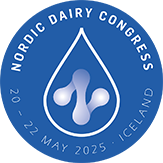





























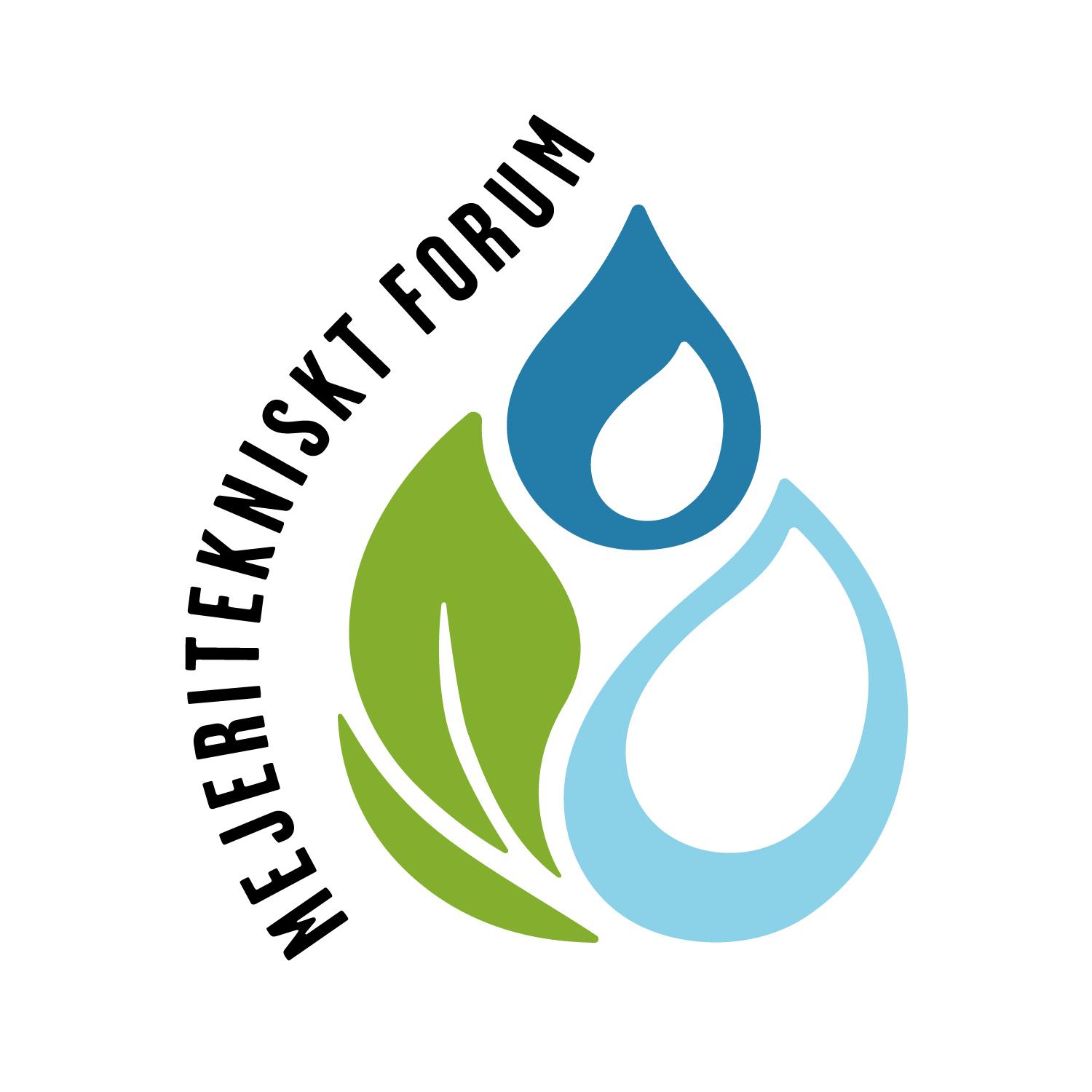

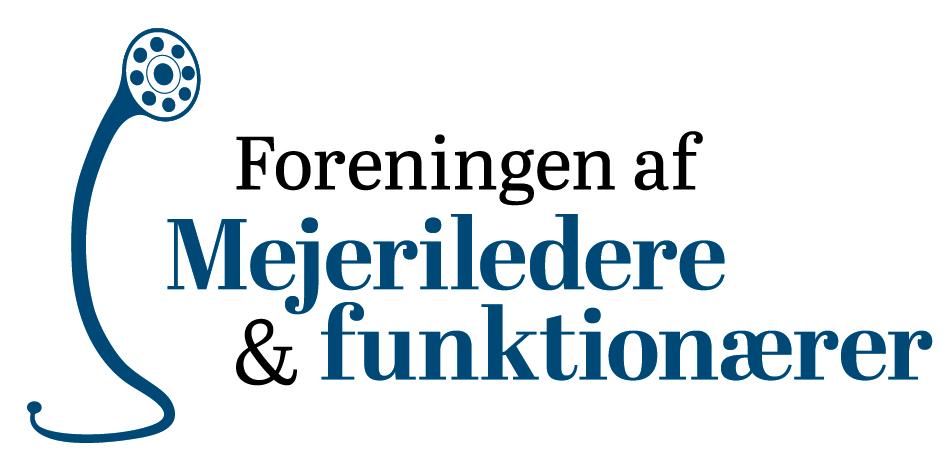




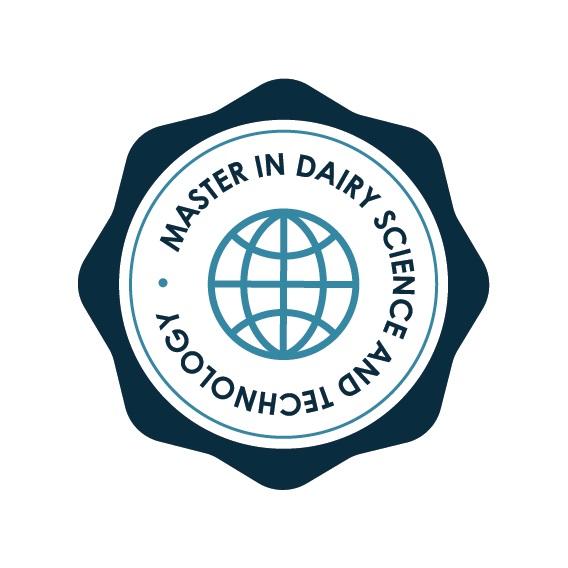




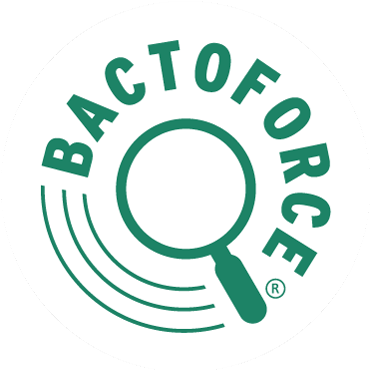

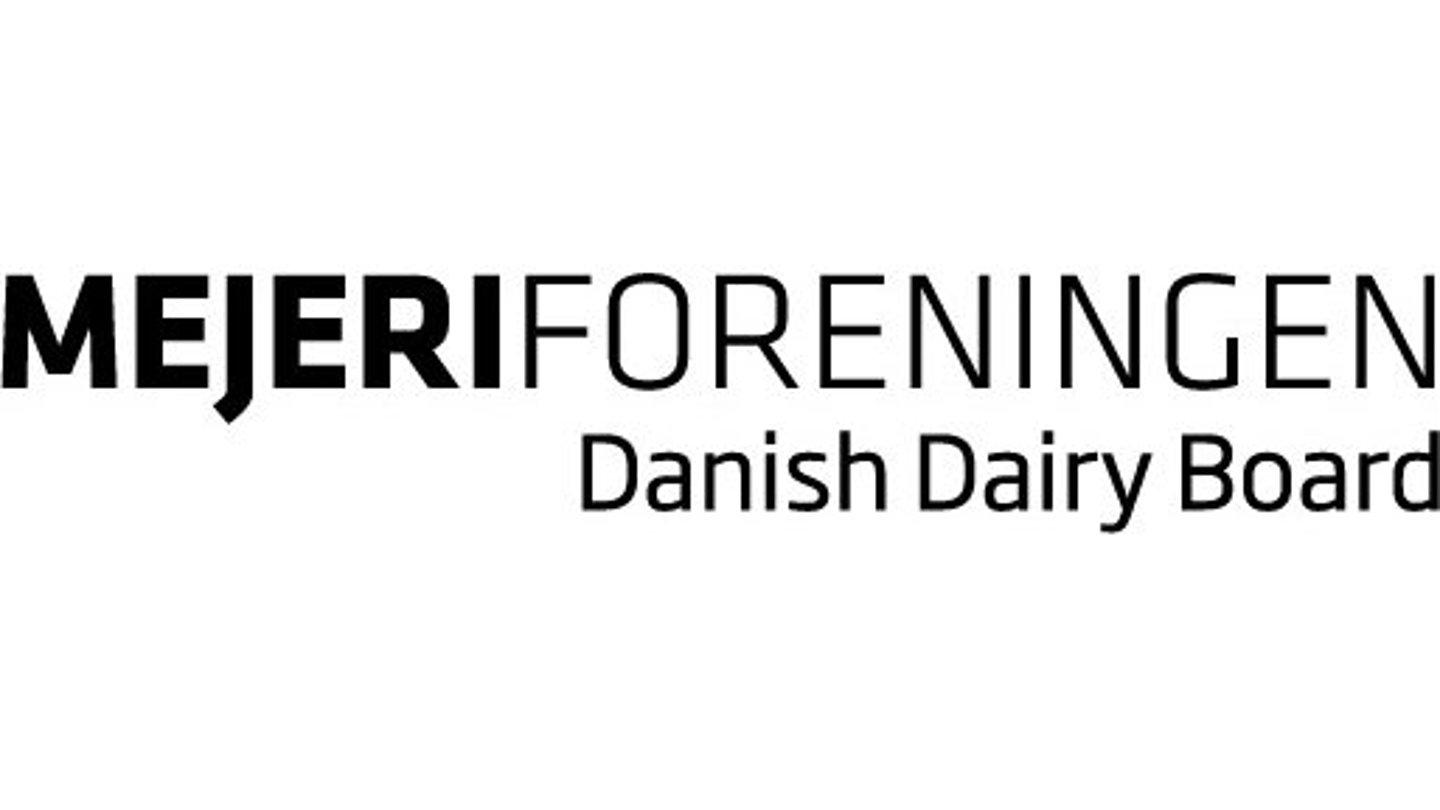
 Munkehatten 28
Munkehatten 28